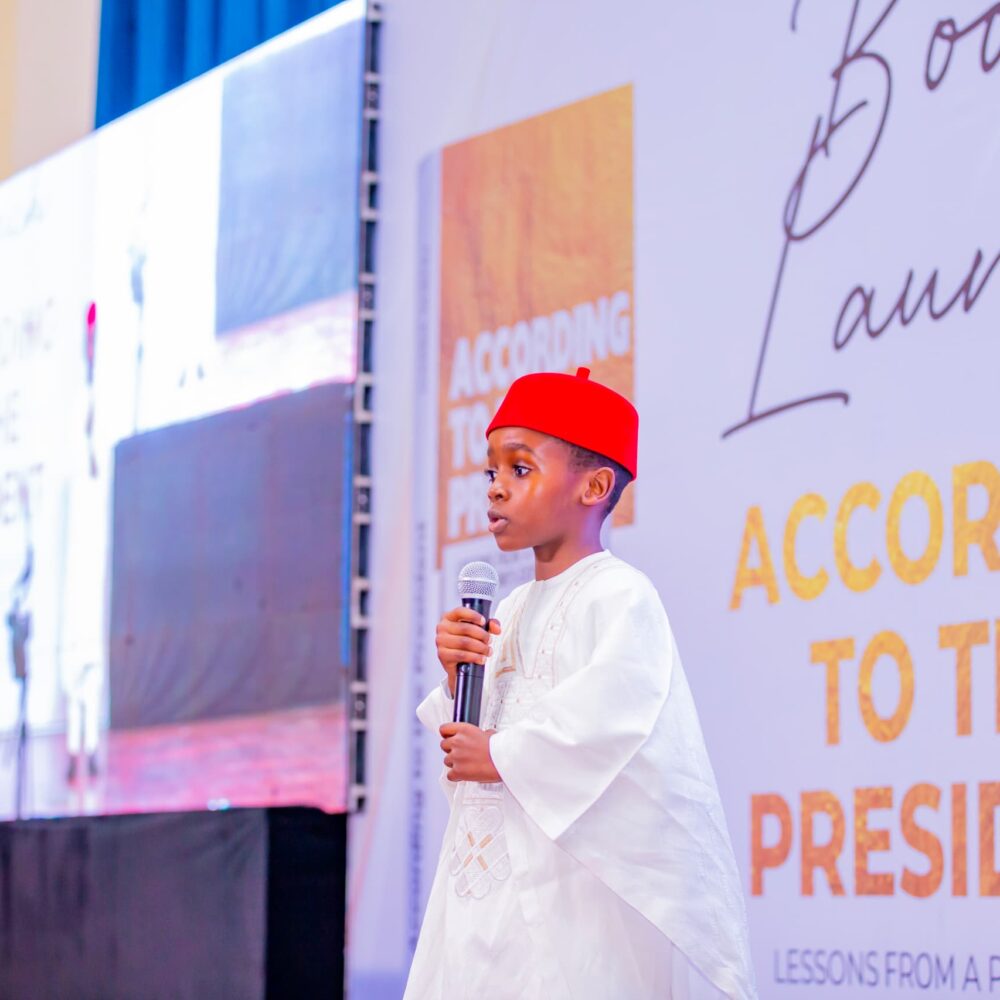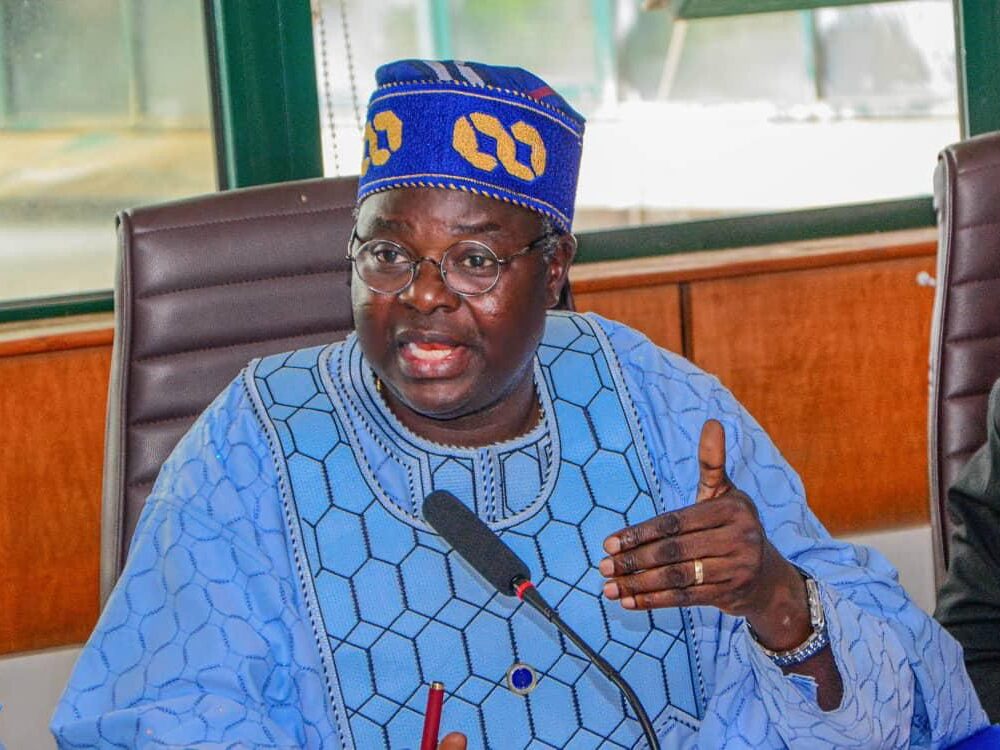In the contemporary digital landscape, misinformation and disinformation have emerged as pervasive challenges, eroding the fabric of public discourse and undermining trust in institutions.
Defined respectively, misinformation refers to false or inaccurate information spread without harmful intent, whereas disinformation is deliberately designed to deceive and manipulate the public. This evolving threat landscape calls for an urgent and strategic response, particularly from the public relations (PR) sector, whose core mandate is to manage and safeguard reputations.
This article delves into strategic approaches the PR industry can adopt to combat misinformation and disinformation, thereby promoting a culture of truth and trust.
Central to combating misinformation and disinformation is the establishment of a truth-first culture within organizations. PR professionals must lead by example, ensuring that accuracy, honesty, and transparency are non-negotiable principles in their communication strategies. This encompasses a careful vetting of information sources, rigorous fact-checking, and a commitment to correcting inaccuracies promptly when they occur. By prioritizing truth, organizations can build credibility and establish themselves as reliable information sources, thereby fostering public trust.
The rapid spread of misinformation and disinformation is largely facilitated by digital platforms. To counteract this, PR professionals should harness technology to bolster their fact-checking capabilities. Utilizing sophisticated digital tools and AI-powered solutions can streamline the detection and debunking of false information. Collaborating with tech companies and participating in broader industry initiatives can also amplify efforts to cleanse the information ecosystem of fraudulent content.
Another critical strategy involves engaging in public education to enhance media literacy. By developing and disseminating resources that help the public discern between credible and false information, PR practitioners can empower individuals to critically evaluate the content they encounter.
These initiatives can take various forms, including workshops, online courses, and collaboration with educational institutions. Raising awareness about the tactics used in disinformation campaigns is particularly crucial.
No entity can combat misinformation and disinformation in isolation. Therefore, forming strategic partnerships is essential. This entails collaborating with other organizations, industry groups, fact-checking agencies, and even competitors to promote accurate information. By presenting a united front, the impact of these efforts can be significantly amplified. Such alliances also facilitate the sharing of best practices and resources, enhancing the overall resilience of the information space.
In the fight against misinformation and disinformation, proactive and transparent communication is key. Instead of merely reacting to false narratives, organizations should anticipate potential misconceptions and address them head-on. This requires a keen understanding of the audience and the misinformation ecosystem. Openly discussing the steps taken to ensure accuracy and debunk myths can further reinforce trust and credibility.
Finally, digital age, the battle against misinformation and disinformation is relentless and evolving. For PR professionals, it presents both a challenge and an opportunity to reassert the value of truth in public discourse.
By fostering a culture of honesty, leveraging technology, educating the public, building partnerships, and communicating proactively and transparently, the PR industry can play a pivotal role in upholding the integrity of information. Ultimately, promoting truth is not just a strategic imperative but a societal responsibility, crucial for the health of democracies and the wellbeing of communities worldwide.
Dr. Afolabi Olajuwon is a Fellow of the Nigerian Institute of Public Relations, Fellow of the Institute of Management Consultants, a Researcher and resource person at the International Institute of Journalism, Abuja




